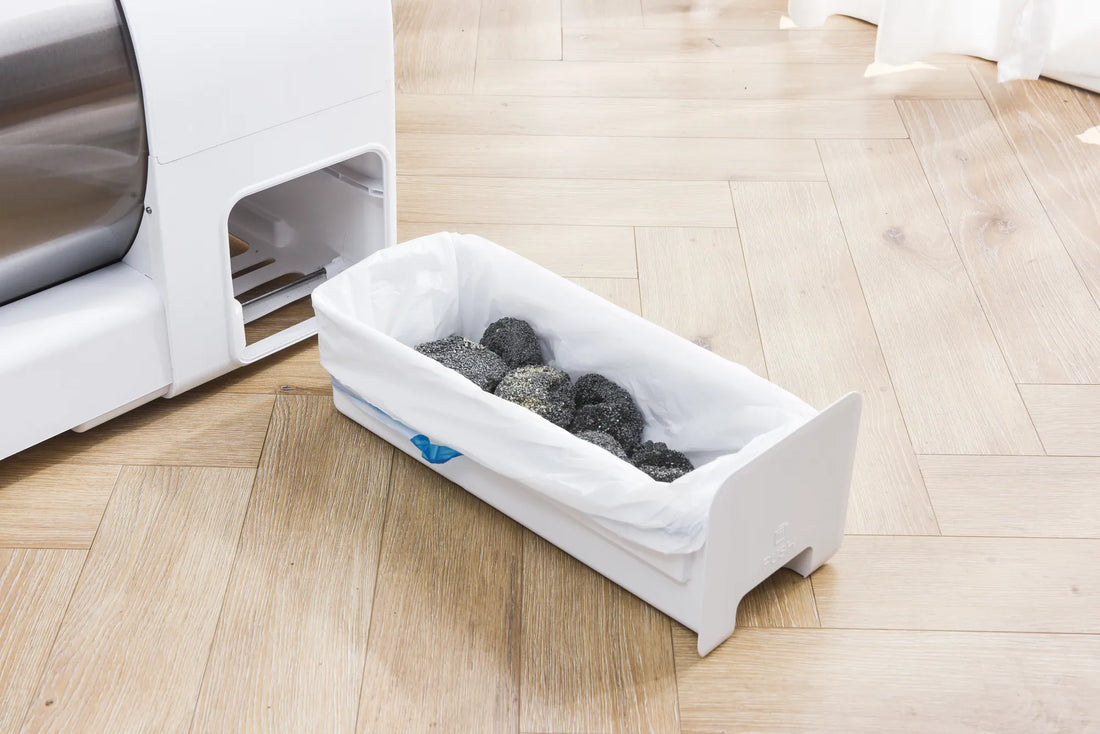Have you ever walked into the room to find your cat happily digging, rolling, or even playing in their litter box? While it might seem odd or even concerning, this behavior is more common than you might think. Understanding why your cat enjoys playing in the litter box can help you address the issue and ensure your furry friend stays healthy and content.
Natural Instincts at Play
Cats are creatures of instinct, and many of their behaviors are rooted in their wild ancestry. The litter box, for your cat, mimics the natural environment where they would dig, bury, and explore. In the wild, cats dig to bury their waste to avoid attracting predators. This digging behavior can sometimes translate into playful activity, especially if your cat is young or particularly energetic.
Curiosity and Exploration
Kittens, in particular, are naturally curious and love to explore their surroundings. The litter box, with its unique texture and scent, can be an intriguing place for them to investigate. This curiosity often leads to playful behavior, such as pawing at the litter or even rolling around in it. While this might seem messy, it's a normal part of their development.
Boredom and Lack of Stimulation
If your cat doesn't have enough toys or activities to keep them entertained, they might turn to the litter box for amusement. Cats need mental and physical stimulation to stay happy, and a lack of enrichment can lead to unusual behaviors like playing in the litter box. Providing your cat with interactive toys, scratching posts, and regular playtime can help redirect their energy.
Stress and Anxiety
Believe it or not, stress can also drive your cat to play in the litter box. Changes in their environment, such as moving to a new home, introducing a new pet, or even rearranging furniture, can cause anxiety. Playing in the litter box might be a coping mechanism for your cat to deal with these changes. Creating a calm and stable environment can help reduce this behavior.
Health Concerns to Consider
While playing in the litter box is often harmless, it can sometimes indicate underlying health issues. Cats with urinary tract infections, digestive problems, or other medical conditions might associate the litter box with discomfort and exhibit unusual behaviors. If you notice any signs of illness, such as changes in appetite, lethargy, or unusual litter box habits, consult your veterinarian.
How to Address the Behavior
If your cat's litter box playtime is becoming a problem, there are several steps you can take to address it. First, ensure their litter box is clean and well-maintained, as a dirty box can encourage unwanted behavior. Second, provide plenty of alternative play options to keep them engaged. Finally, observe their behavior closely to rule out any potential health issues.
Understanding why your cat likes to play in the litter box is the first step toward addressing the behavior. Whether it's due to natural instincts, curiosity, boredom, or stress, there are ways to help your feline friend stay happy and healthy. By providing a stimulating environment and keeping an eye on their well-being, you can ensure your cat's litter box remains a place for business, not play.













